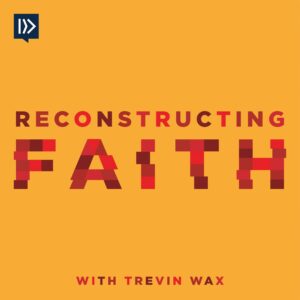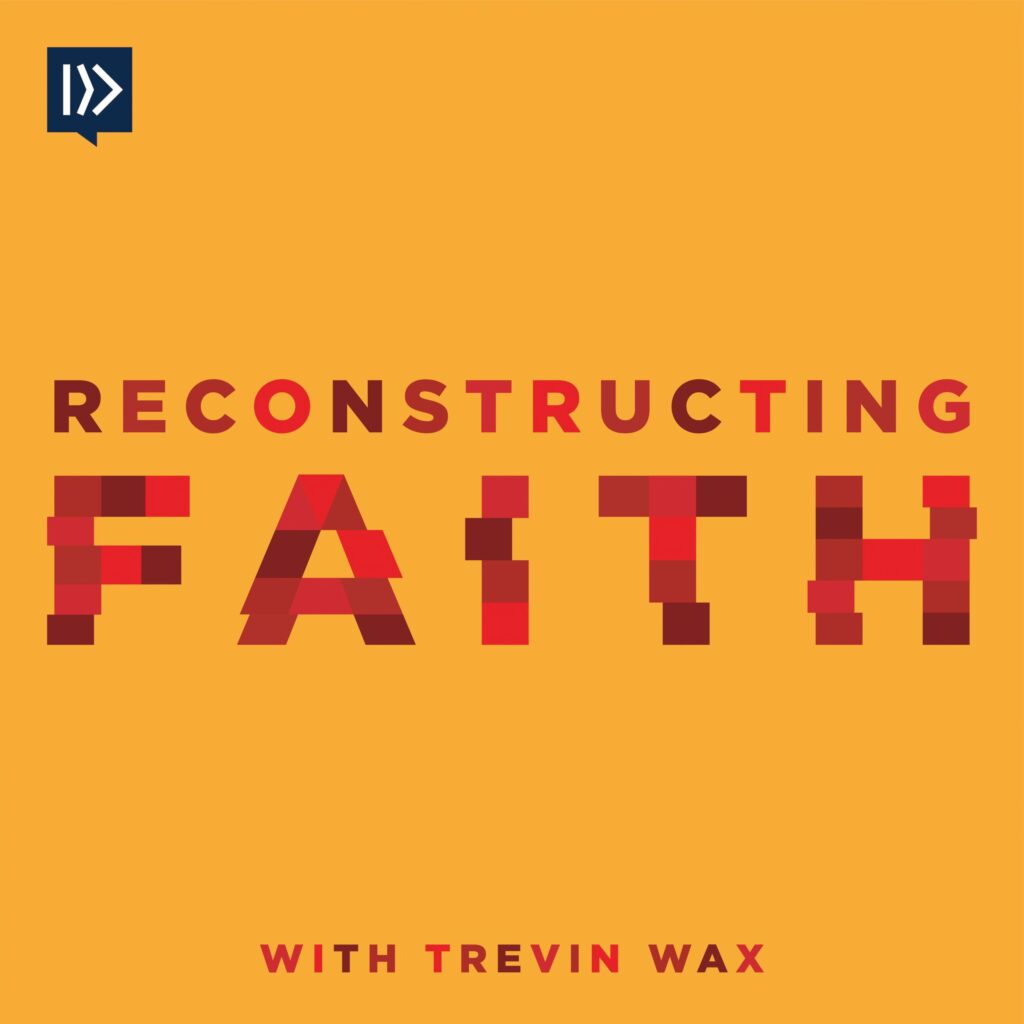ALPHARETTA, Ga. — If anything good can come from an institution like the church being attacked, Trevin Wax thinks it can lead “to a purer, better institution in the future.”
“For us as people who love Jesus and his church … we need to make sure we are aware of the of the gravity of our choices, of the long-lasting effects of cynicism in the culture and the church.”
Wax, vice president of resources and marketing for Southern Baptists’ North American Mission Board (NAMB), is intent on helping recover the church’s damaged witness.
It’s taking the form of a podcast series, Reconstructing Faith, released by NAMB, set to begin its third season Jan. 23. See this related article about Wax’s work in producing the podcast.
It “doesn’t mean avoiding hard questions or never grappling with doubt,” Wax said at the outset of the second season in an episode titled “Sledgehammers Don’t Build Anything.”
‘It doesn’t mean accepting without question the assumptions we’ve inherited from the communities that formed us,” Wax said, noting: “In fact, this fortification process will often lead to harder questions. But we ask these questions with the goal of returning to the Scriptures and the great Christian tradition for answers.”

“There’s a difference between the questioner who delights in excoriating our Christian communities for their missteps as a way of discrediting them and disregarding their authority, and the questioner who acknowledges sin and evil by drawing us closer to the foundation of those communities by relying on a shared commitment to the authority of God’s word as the standard by which we course-correct.”
Such are the reflections of Wax and two or three interviewees in each of the 22 Reconstructing Faith episodes to date.
‘Toxic Water’ & ‘Secret Catastrophe’
Descriptors of several of the episodes follow:
– “Better Together: Denominations and the Hope of Evangelical Renewal (Season 2 Episode 10) – Rebuilding requires sacrifice … a dogged commitment to seeing the task through. If this is the case for churches, it’s also the case for families of churches, for networks, partnerships, conventions, and denominations. How can we look beyond our congregation to the health of the evangelical movement as a whole?”
– “The Water Is Toxic (Season 1, Episode 3) – Social media primes us to see our life as a stage, a performing of an identity for our online community. These practices form and encourage negative character traits that lead us away from the kind of wholeness God desires for us. We get lonelier and more isolated, finding online communities that don’t ask much of us, often at the expense of flesh-and-blood neighbors and church members. … In this episode, we discuss how we can be purifying agents in the toxic waters of social media.”
– “The Secret Catastrophe (Season 2, Episode 4) – More and more commentators speak openly about the social and mental health consequences of porn: the degrading nature of warped expectations, the ever-more-transgressive practices, the normalization of violence, and the dark underside of human trafficking. The pervasiveness of pornography affects the church as well—young people and old, men and women.”
– “The De-churching of America (Season 2, Episode 2) – Recent research shows about 15 percent of American adults—that’s 40 million people—have stopped going to church, and all this within the past 25 years. It’s a drop that has affected every region in the country, every theological tradition, every age group, every ethnicity, every education level, every income bracket. This episode examines what rebuilding looks like in the aftermath of this massive cultural decline in churchgoing.”
– “The Spiritual Burnout Society (Season 2, Episode 7) – For the past few years, sociologists and journalists have been describing millennials as ‘the burnout generation.’ Now, there are reports that burnout and stress are on the rise with Gen Z as well. And then there’s the reality of spiritual burnout: the inability to feel the presence and power of God, a loss of desire for spiritual things. Burnout isn’t just a pastor problem. It isn’t just a workplace problem. It’s a spiritual problem that affects the church.”
Published January 21, 2025
